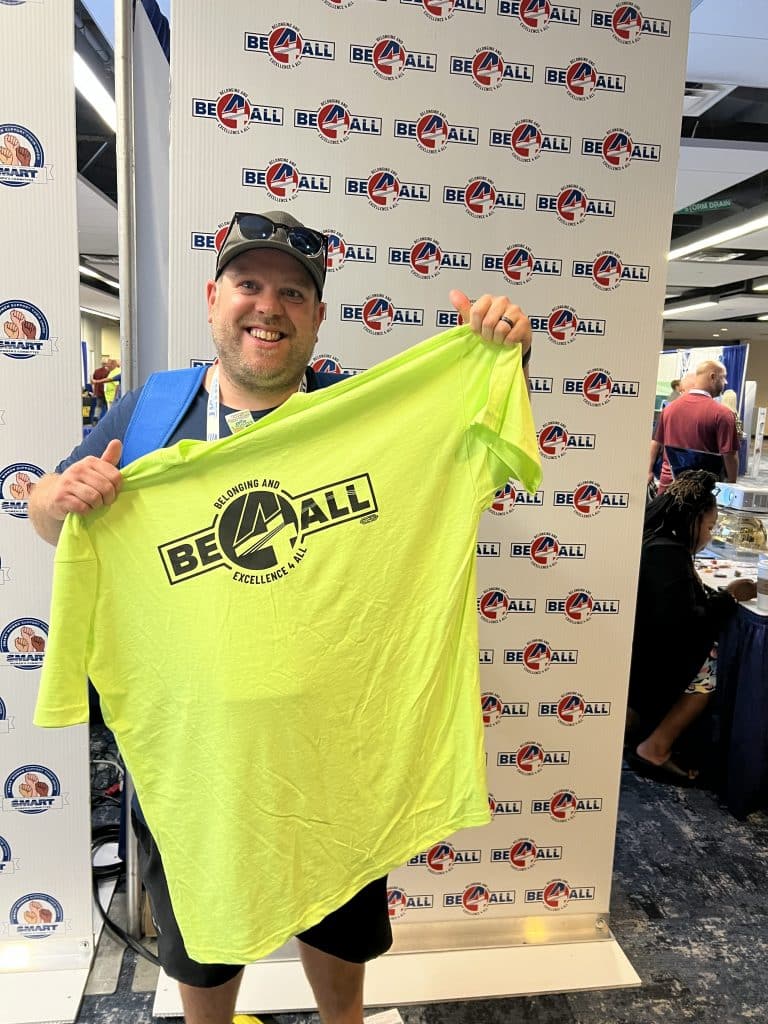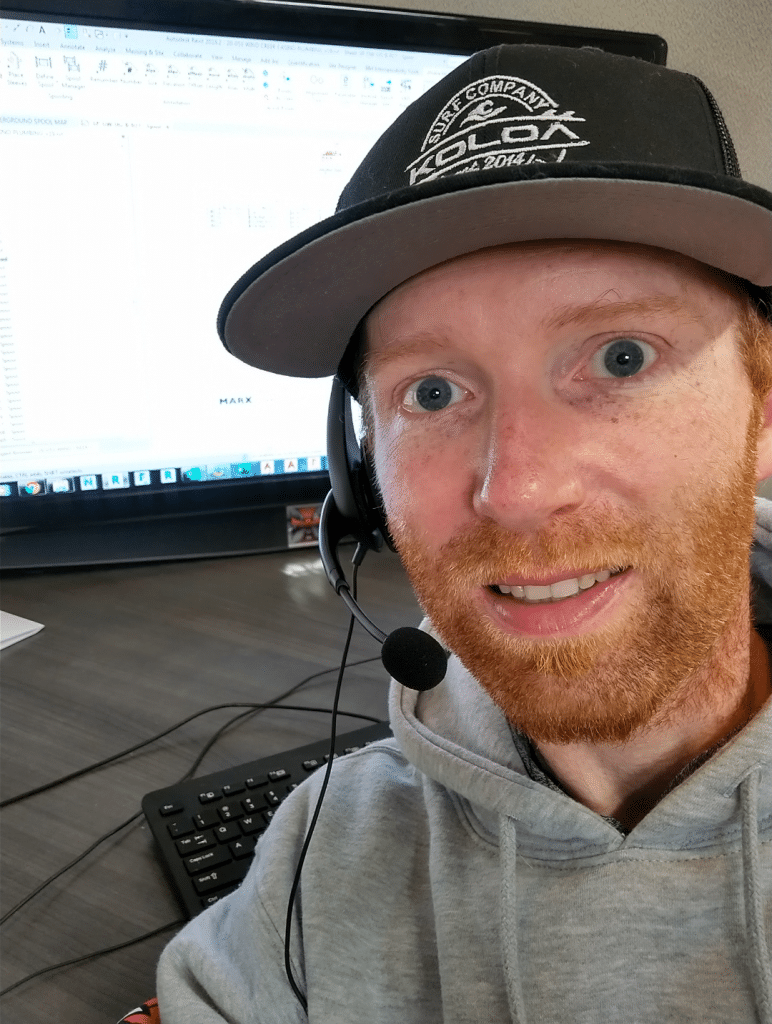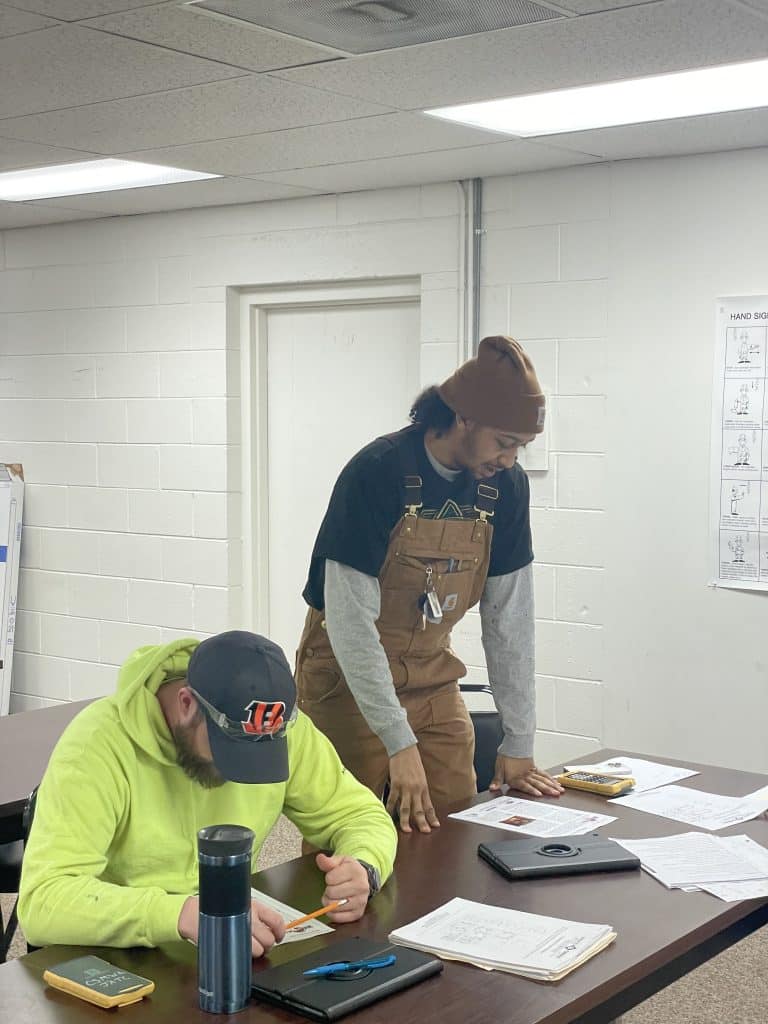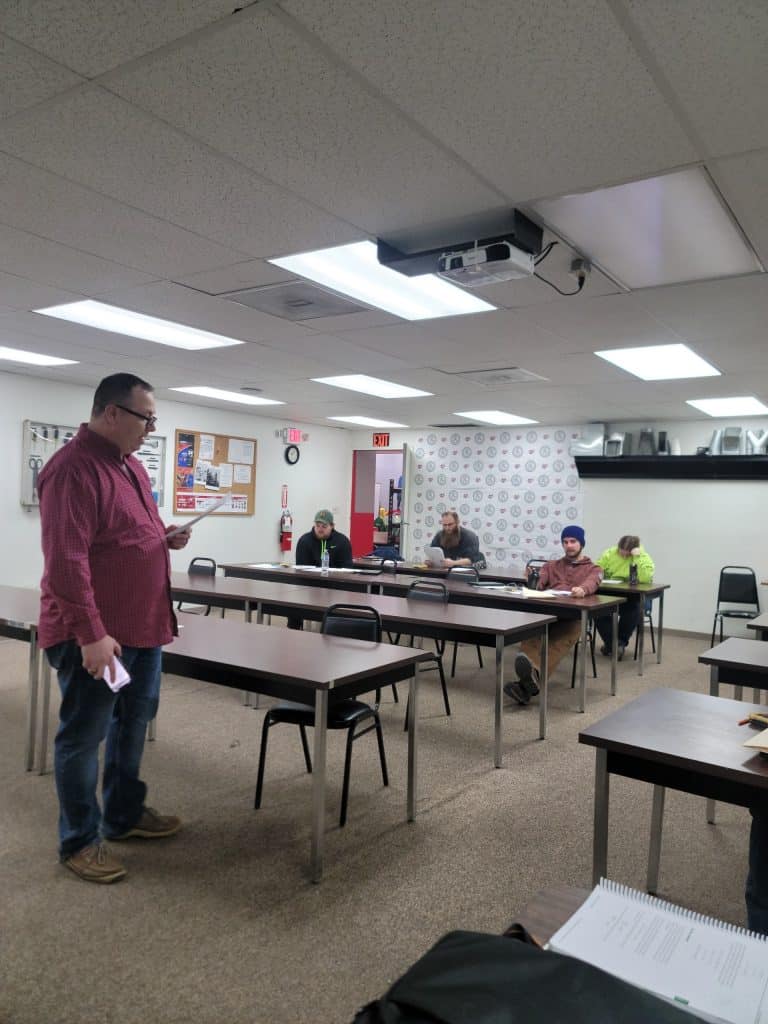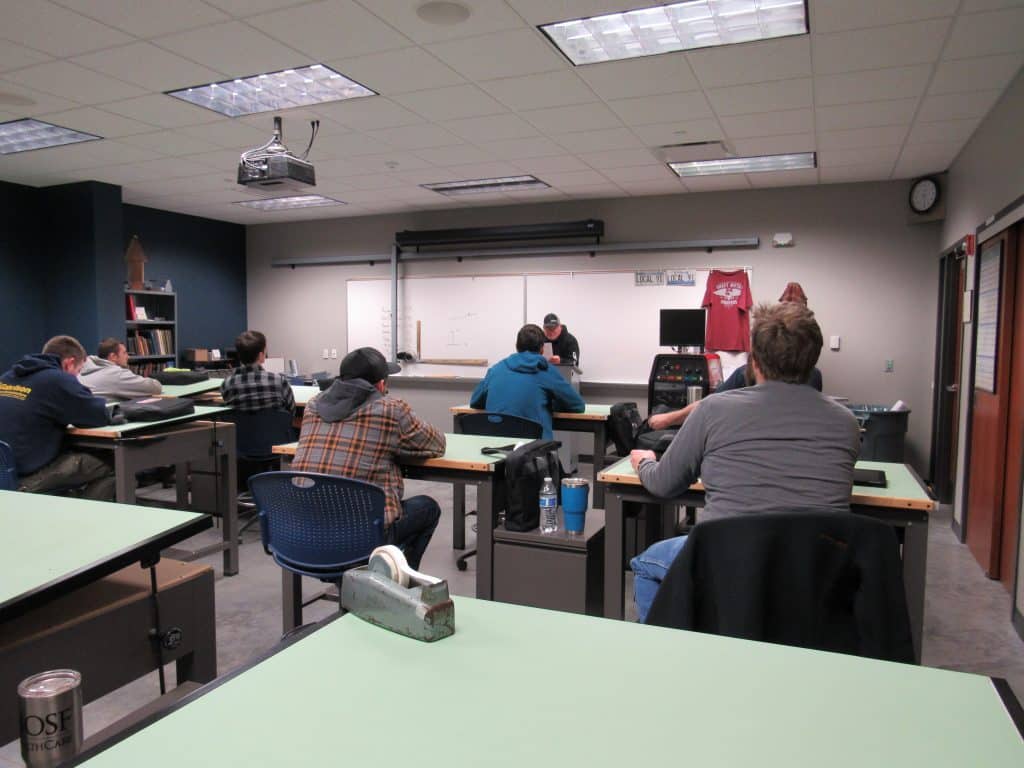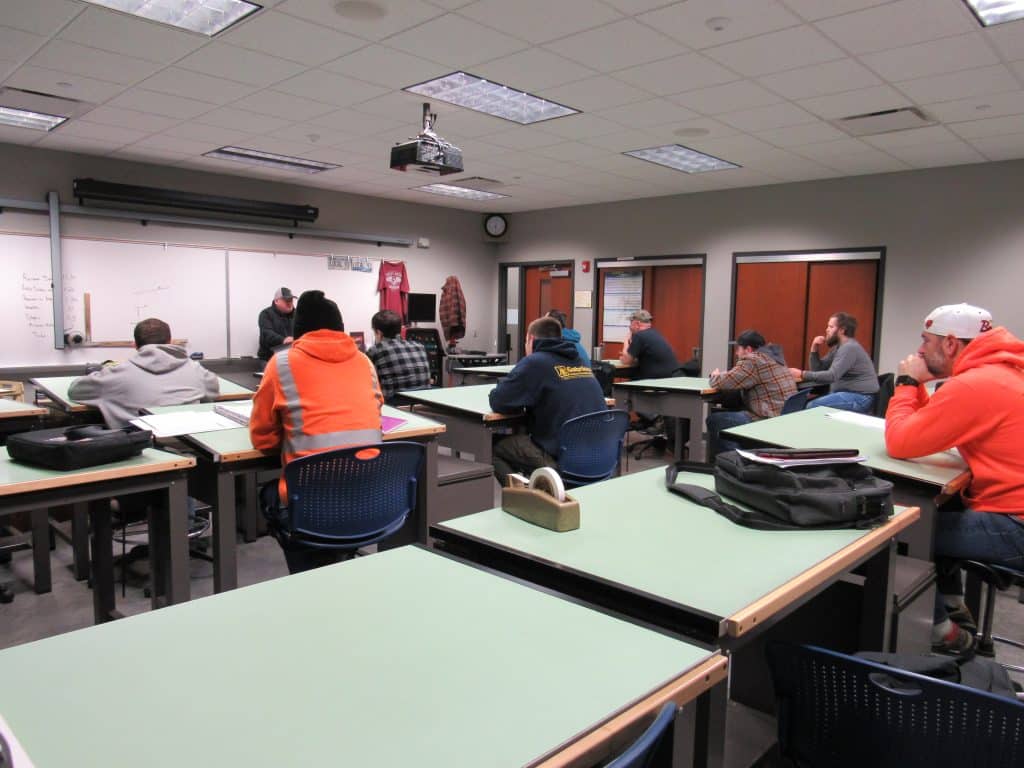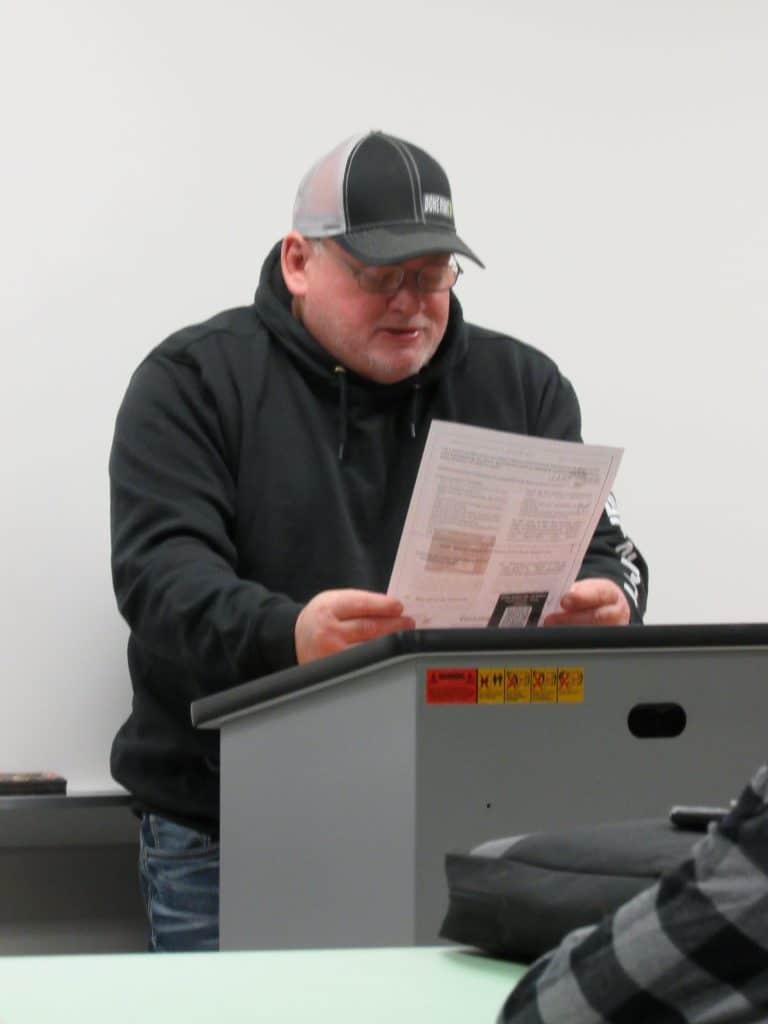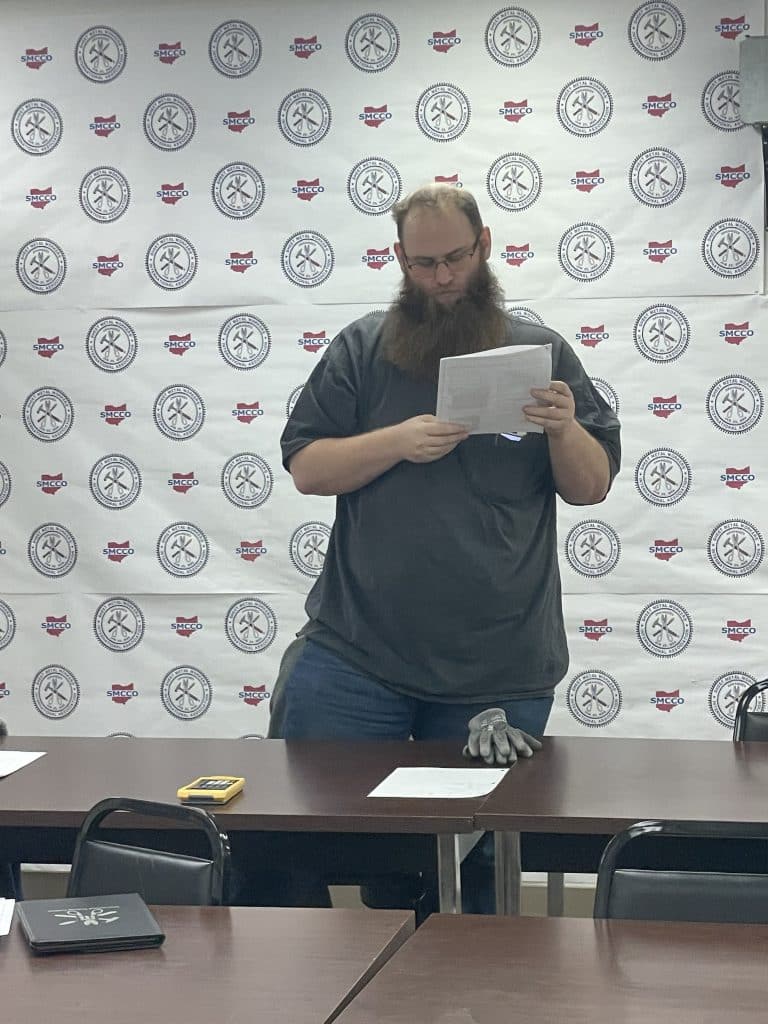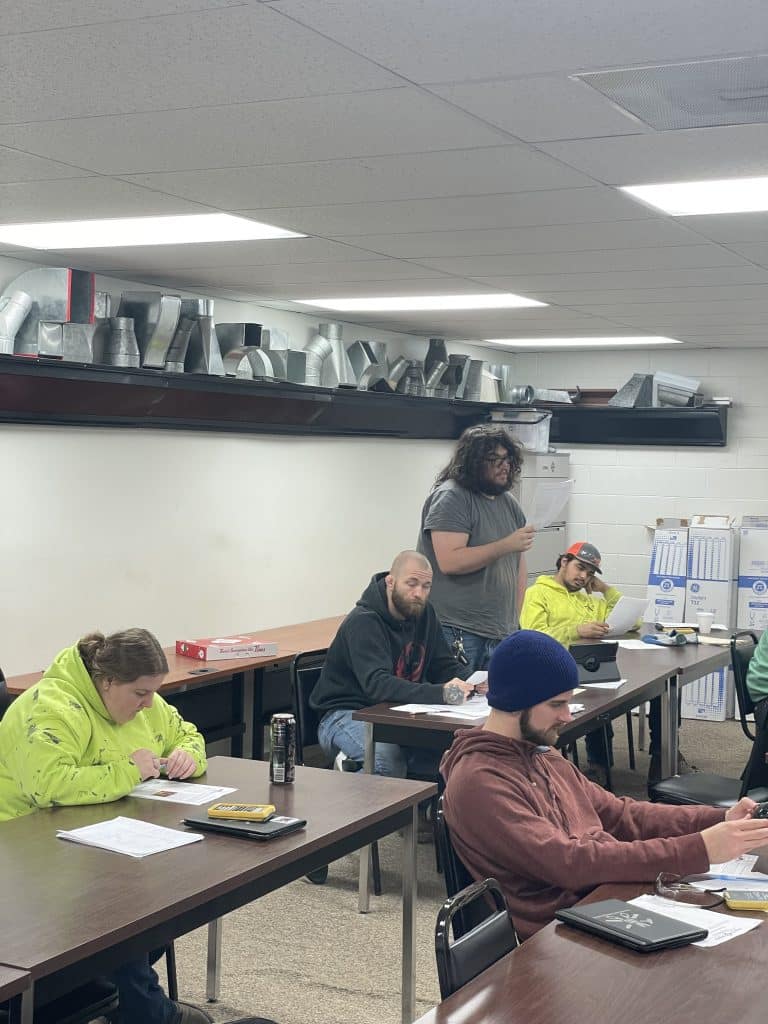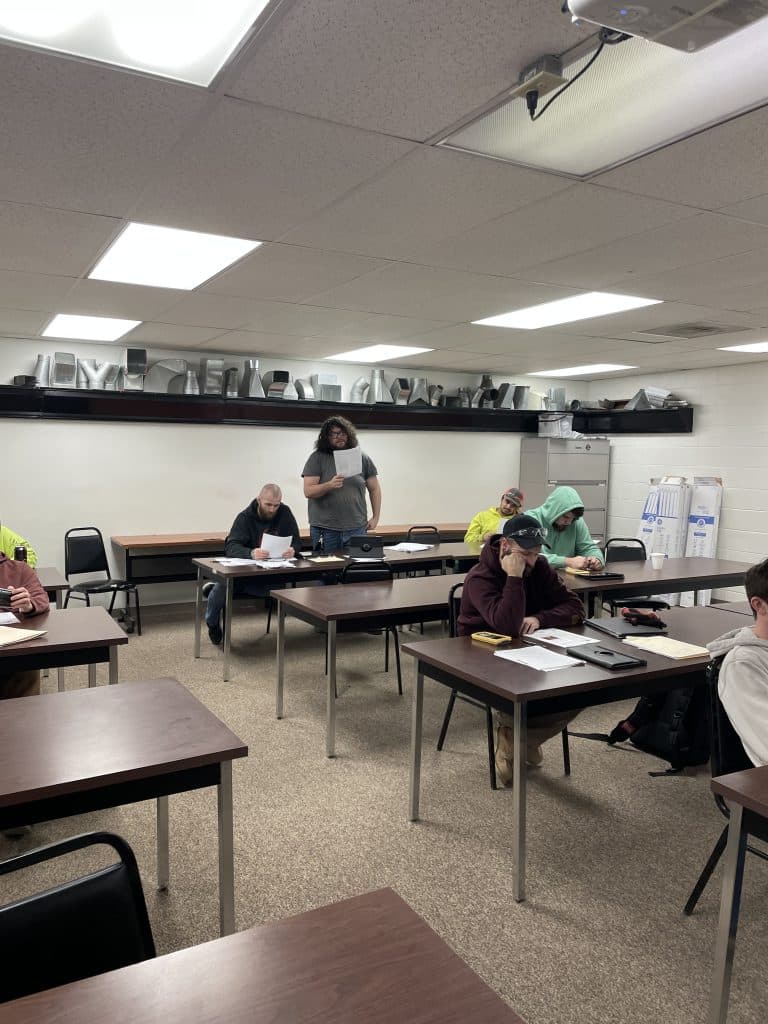Last year, SMART, SMACNA and the International Training Institute (ITI) launched the Belonging and Excellence 4 All (BE4ALL) campaign. BE4ALL envisions a sheet metal industry where ALL workers and contractors feel seen, heard and welcomed. To achieve this vision, it is not enough to talk about it. We have to build it. To do this, the campaign has adopted a 10-point action plan. An important part of the action plan involves transforming how we relate to one another as workers and team members. Fundamentally, the goal is to help us all to be better human beings to one another. To make this vision a reality, our goal is to get every SMART member to commit to doing the work of individual meetings, relational diversity and intergroup contact.
“Fundamentally, the goal is to help us all to be better human beings to one another. To make this vision a reality, our goal is to get every SMART member to commit to doing the work of individual meetings, relational diversity and intergroup contact.
Research in the area of intergroup contact also supports the work of BE4ALL. Intergroup contact involves a person stepping out of their comfort zone in order to engage people who are different. Jennifer Eberhardt, a Stanford social psychologist and winner of the MacArthur Genius Grant, states that “[p]ersonal connections can override the power exerted by implicit bias.”
SMART General President Joseph Sellers spoke about the importance of this work at the SMART leadership conference in San Francisco last August. In a podcast session recorded with the leadership of SMACNA, he reminded participants that “we’re a craft of mentoring,” and stressed the importance of investing one-on-one time and energy in the emotional and technical growth of other members, particularly those with different lived experiences than our own. He also highlighted the need for us to get to know each other across lines of difference.
Individual Meetings
General President Sellers’ push around this work is supported by both research and practice. Veteran community organizer Michael Gecan makes the case for doing what he calls “individual meetings.” These are short conversations — around 30 minutes or so — in which we take the time to understand another person’s hopes, dreams, fears and why they do what they do. Gecan argues that “when you develop the habit of doing individual meetings, you stop thinking of people as ‘the poor’ or the ‘rich,’ or the ‘establishment’ or even ‘the enemy.’” Ultimately, these meetings allow us to see people beyond stereotypes and recognize them as full human beings, with all the diversity that comes with this.
Intergroup Contact
There are several ways to practice intergroup contact. In the workplace, the strategy may involve regular lunch meetings or check-ins with coworkers in which two people get to know each other beyond job titles and roles. In private life, intergroup contact could take the form of participating in a diverse social club or community association. The type of activity — whether a lunch meeting or community gathering — is less important than its characteristics. According to Professor Linda Tropp, for intergroup contact to be effective, contact between two or more people must have three core characteristics. First, the contact must be ongoing versus a one-shot deal. Second, it must be meaningful and substantive versus transactional. Third, it must be friendly and welcoming, not hostile. Tropp notes that when intergroup contact is practiced effectively, it facilitates several important outcomes, including an increase in psychological investment and a deepening of empathy.
Relational Diversity
In addition to the above research, a more recent study has introduced the practice of “relational diversity.” In a National Public Radio (NPR) article titled “Talking to strangers might make you happier …,” researchers note that the more diversity you add to your social circles, “the happier you are and the higher your well-being.” Bottom line: There are individual, group and workplace benefits to deepening relationships across lines of difference.
But let us be clear. Doing this work does not mean that all conflict will disappear. What it does suggest is that when conflict arises, people are more likely to give each other the benefit of the doubt. And they are more likely to have enough relational tissue with the other person that they can effectively work through conflict. That said, how does one practice individual meetings, relational diversity and intergroup contact?
The following are 12 questions or prompts that can be used in every day, one-on-one and small group situations. Think of them as conversation starters. They are:
1. What brought you into the sheet metal industry or this line of work? What keeps you here?
2. Where is home for you? Or where do you most feel at home? (Home does not have to be a geographic place.)
3. What’s the story behind your name?
4. What are your plans for the weekend? Or what did you do this past weekend?
5. What’s one thing you wanted to do and/or be when you were growing up?
6. What movies/television shows are you watching these days? Or what books are you reading? Are there any you would recommend?
7.What are your goals or resolutions for the new year?
8. Do you celebrate _________ holiday? If yes, how do you celebrate? If no, would you be willing to share why?
9. What music are you listening to these days? What’s the title of your “medicine” song or “motivation” song, that one song that does something to you whenever you hear it? What meaning does the song have for you?
10.If videoconferencing, say: “If you’re willing to share, I would love to know who the people are in the pictures behind you.” Or, “what’s the meaning behind the painting/ object I see on your desk?”
11.Who are the people who shaped and molded you into the person you are today?
12. How are you doing? Or, what’s going on? What’s one new or interesting thing that has happened in your work life or personal life over the past few days/weeks?
Imagine if we can get thousands of people across the sheet metal industry to do the work of individual meetings, relational diversity and intergroup contact, and to do it every day. It would be something never done before. It would be transformative. This is how we practice being better human beings to one another.
